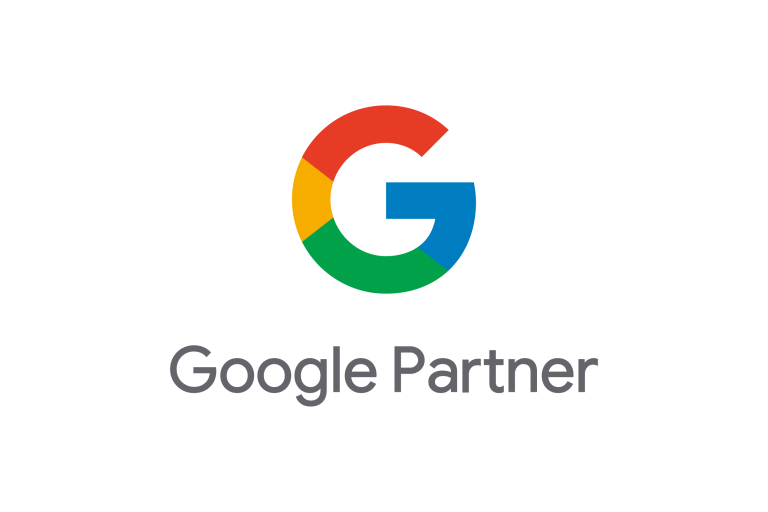Voice Search is an area which is rapidly growing and doesn’t look like it’s going to be slowing down anytime soon. A 2019 Microsoft study has estimated that 75% of households will have some form of smart speaker by 2020, whether this be a smart phone or smart home devices such as Alexa or Google Home.
Being fast, hands free and conveniently quicker than typing makes voice search popular, and with the advancing technology becoming more accurate, the use of voice search will probably only continue to grow.
Along with searching for quick facts and playing music, most voice searches are people looking for a product or service. This is where businesses can be proactive and benefit from voice search. For example, if a customer is looking for a solicitor or coffee shop near them, the device will search for those businesses whose business listings show they are near the customer’s location.
Although Google is the most visited website in the UK and on the planet, and is the main player for searches on mobile phones and desktop computers, when it comes to voice search it is not only Google that the results are pulled from. Google Home obviously uses Google search results, but other devices do not. In fact, Bing powers more voice technology than Google does.
So, what can your business do? The first thing is to ensure that both your Google and Bing business listings are up to date and easy to find. Searchers should be able to easily access your location, phone number, website and opening hours. If you haven’t done so yet, make sure you claim both your Places for Business listing on Bing and your My Business listing on Google. Voice search uses the person’s location to discover nearby businesses, so having your location visible is vital.
For help with setting up your Google or Bing Business listings so your company is more visible on search engines, please contact the team at DBS Internet Marketing who will be happy to help.










